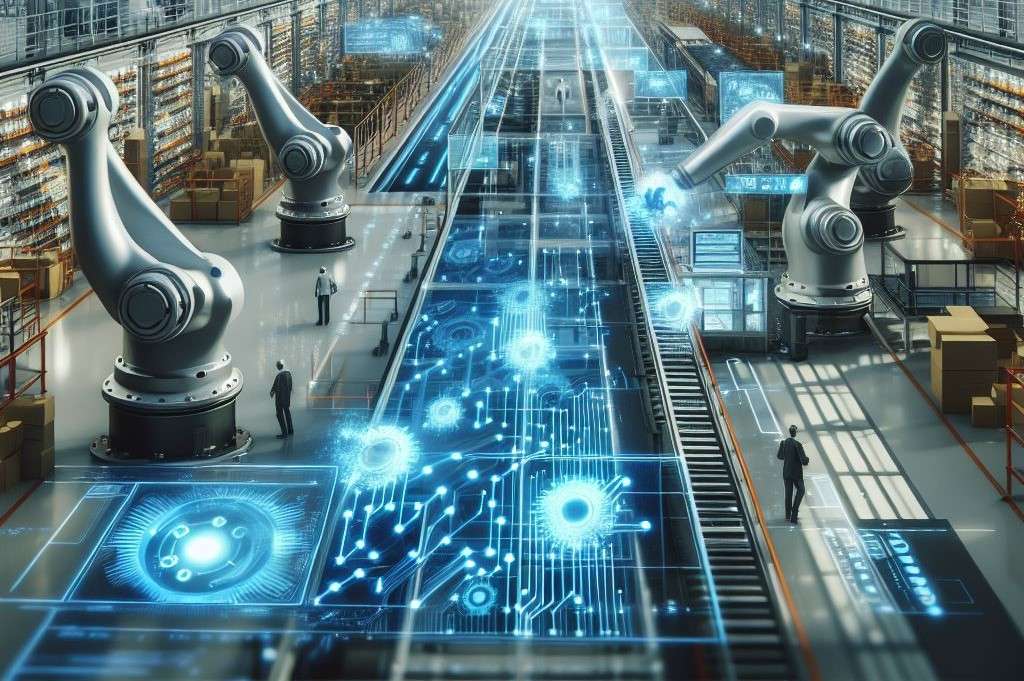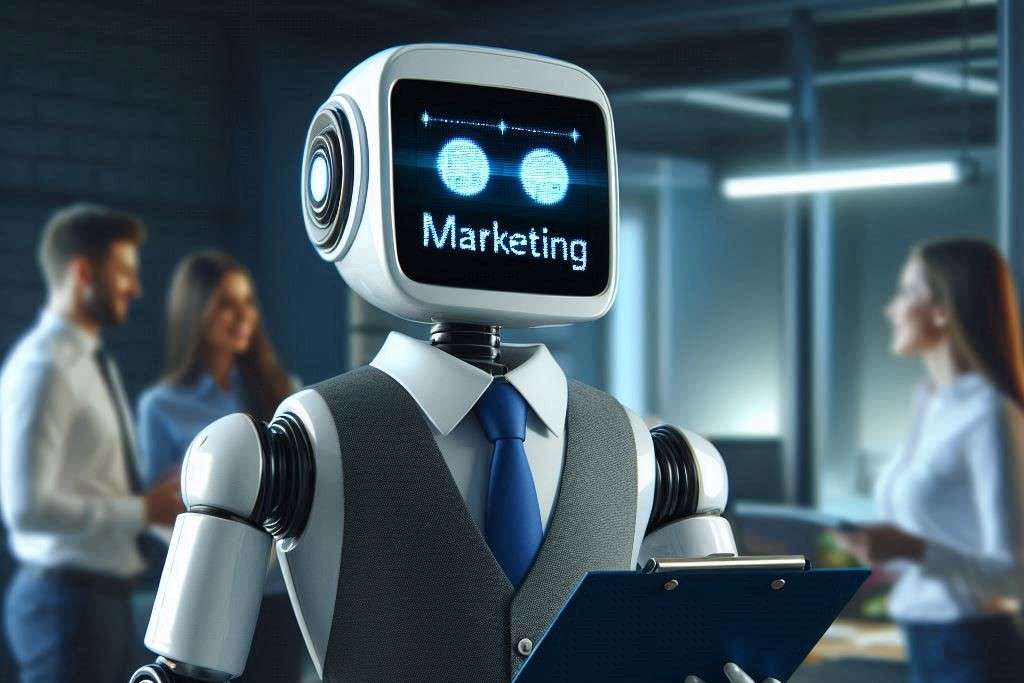6 Key Sectors That Can Best Benefit from AI Adoption
Explore 6 Key Sectors that benefit from AI adoption in real time – Read how this tech impacts our society in 2024 and beyond.
As artificial intelligence (AI) technology continues to grow and develop, more businesses are starting to see its merits and are actively working to integrate it into their operations. In fact, the 2023 State of AI report by global consulting firm McKinsey & Company showed that 40 percent of the respondents are already planning to increase their investment in AI so that their organizations can take full advantage of the wide array of solutions it has to offer.
Key Sectors that benefit from AI adoption in real time
While AI can be a helpful tool for individuals and businesses alike, there are particular sectors that can truly stand to reap huge benefit from AI adoption across different departments. Here’s a list of some of those industries:
1. Financial Services
Financial technology (often shortened as fintech) has already changed the landscape of the finance industry, allowing banks to operate more efficiently and securely. Adding artificial Intelligence into the mix promises to improve those operations further, particularly in the areas of automation and fraud detection. Thus, not only financial institutions stand to benefit but also their customers who will be receiving better services in turn.
Fraudulent transactions, identity theft, trade spoofing, and other types of scams have always plagued both financial institutions and customers alike. With AI’s ability to analyze large amounts of data at a time, it becomes easier to detect anomalies should they crop up in transactions. Moreover, its ability to detect suspicious patterns in transactions means it can alert the service provider or the customer if their account may be at risk. Other uses such as AI chatbots for quick response to customer queries and predictive analytics for revenue or stock market forecasting also give more options for financial institutions to further improve the products and services they offer.
2. Healthcare

Improved patient care is the focus of AI implementation when it comes to the healthcare industry. Given healthcare workers’ incredibly hectic workflow, the assistance of AI can help free them up from various back office or administrative tasks so they can have more time to focus on attending to patients. AI can also power virtual assistants which can take the form of chatbots or apps. These can then answer patient questions, summarize reports to forward to doctors and nurses, or allow patients to schedule consultations at their own convenience.
Aside from those, AI can also help in the actual diagnosis and treatment of medical conditions. Deep learning—a subset of Artificial Intelligence that analyzes a vast network of data and algorithms to allow for more complex decision-making—is already being researched as a tool to help recognize forms of cancer and other diseases in patients. Meanwhile, AI-powered robots can also be utilized in performing both routine and life-saving surgeries.
3. Retail
With the advent of online shopping, it’s no exaggeration to say that the retail industry has been completely changed by technology at this point. What Artificial intelligence-powered software brings to the table is the ability to make sense of the huge amount of data gathered from customer buying patterns and use it to provide more personalized shopping experiences for them. With this knowledge, developers can create machine learning algorithms that are capable of factoring in individual customer preferences and purchase histories, thereby enhancing the precision of product recommendations.
4. Manufacturing

Within the manufacturing industry, AI can shine by improving efficiency in operations and allowing automated quality control. Machinery can become smarter with the help of AI and attend to more complicated tasks. Likewise, a smarter system can identify abnormal patterns in machine operations early on, which lets manufacturers mitigate accidents or downtime. Advanced image recognition algorithms can also facilitate precise defect detection in the products being manufactured, significantly enhancing the efficacy of quality assurance protocols.
5. Telecommunications
AI can also improve telecommunications operations by a large margin through its ability to optimize network performance. With the help of data analyzed in real time, AI can predict any potential network congestion and take precautions to reroute traffic, thus preventing downtime. This self-optimizing capability allows telcos to stay proactive when responding to the needs of their customers, ensuring they get reliable service at all times.
Telcos can also tap into AI to help gain insights from the data they receive from customers. This lets them pinpoint problem areas and provide solutions that can better address their customers’ needs.
6. Government and Public Service

Given how digital services are starting to become the norm in government agencies, it’s no surprise that AI implementation is also making its way to the sector. AI’s ability to process huge amounts of data allows it to accomplish various administrative tasks that were previously performed by human agents, such as processing various types of paperwork as well as citizen data collection and reporting. This helps government agencies save resources that can be allocated to other operational needs.
This, in turn, improves public services as well, seeing that government workers can now attend to other tasks that have better use of their expertise rather than be bogged down by paperwork. Likewise, citizens looking for quick processing of their documents or claims will find that the AI-powered automated system would be able to cater to their requests faster.
The benefit from AI Adoption goes beyond those industries
With the help of AI, various industries can now improve their operations as well as add more value to the products and services they offer to their customers. So don’t let your business lag behind and see what this technology has to offer for your business today.
If You Enjoyed This Article, Please Share It - This Motivates Us:
 Alexi Carmichael
Alexi Carmichael 

